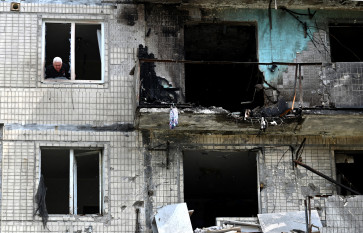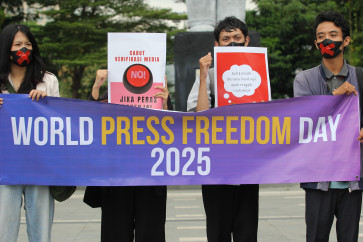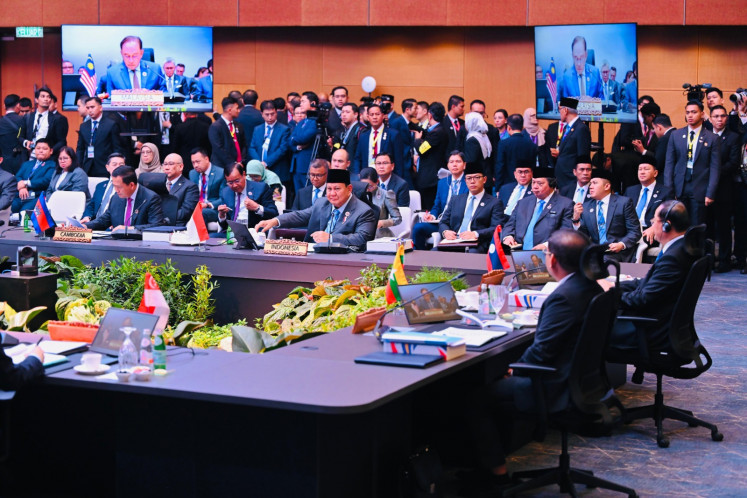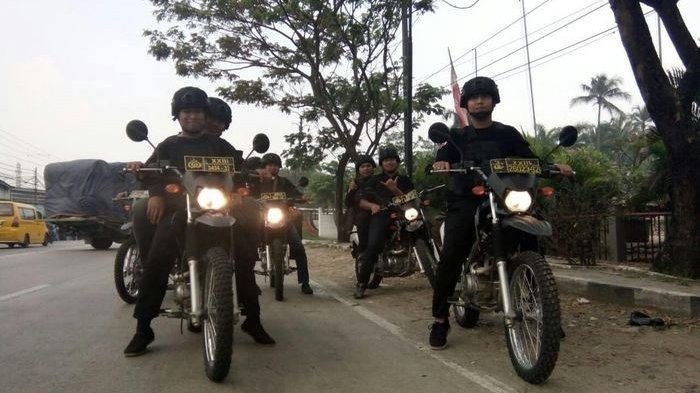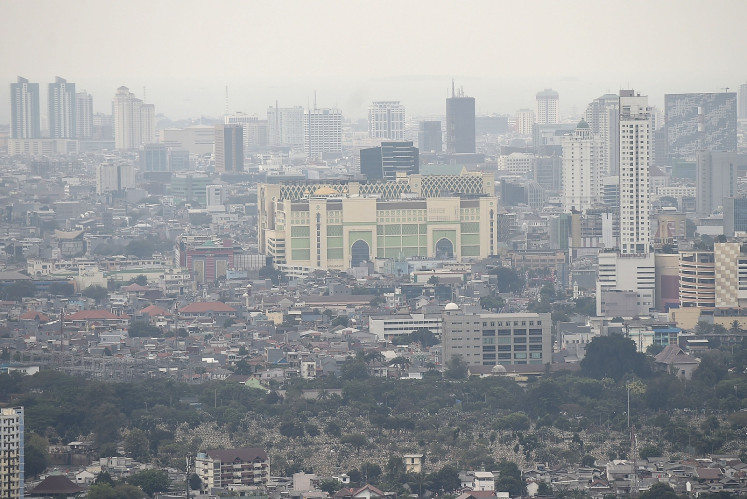Govt to re-launch bidding for WiMax as firms bail out
The government will open another round of bidding to develop the WiMax high-speed telecommunication network as three of eight appointed firms reneged on their commitments due to financial constraints
Change text size
Gift Premium Articles
to Anyone

T
he government will open another round of bidding to develop the WiMax high-speed telecommunication network as three of eight appointed firms reneged on their commitments due to financial constraints.
"The ministry is preparing for the bidding, but we have not decided on a date. Hopefully, it will take place by the end of this year or early next year," Communications and Information Technology Ministry spokesman Gatot Dewa Broto said Friday.
The new bidding will be for development projects for seven of 15 zones: zone 4 (Banten and Greater Jakarta), zone 5 (West Java excluding Bekasi, Bogor and Depok), zone 6 (Central Java), zone 7 (East Java), zone 9 (Papua), zone 10 (Maluku and North Maluku) and zone 15 (Riau).
Gatot said the government had revoked the permit for three companies that failed to live up to their commitments for the WiMax project. The companies are PT Rahajasa Media Internet, PT Internux and a business consortium of PT Comtronics Systems and PT Adiwarta Perdania.
The three companies failed to pay permit fees and frequency charges.
"The government was very tolerant in giving them an additional three months to pay, but the deadline came and they still could not pay," Gatot said.
There are currently four companies in the process of developing WiMax network zones: PT First Media, PT Telekomunikasi Indonesia, PT Indosat Mega Media and PT Jasnita Telekomindo.
Another company, PT Berca Hardayaperkasa, still has outstanding fines to pay for failure to pay permit fees and frequency charges on time, Gatot said.
WiMAX is a fourth generation mobile telecommunication technology allowing potential data transfer rates of 80 megabits per second, higher than the 2.4 megabits per second allowed by the 3G platform.
The government has allocated the 2.3 gigahertz and 3.3 gigahertz spectrum for wireless broadband access across all regions of Indonesia. Gatot said the 2.3 gigahertz spectrum had been allocated for WiMax 16.d technology. "One of the reasons is because 16d has more local components compare to other spectrum bands, such as 16.e," Gatot said.
Gatot said that by relying on 16.d technology, locally made products would constitute 30 percent of all components needed to develop the network infrastructure.
Heru Sutadi, a member of the Indonesian Telecommunications Regulatory Board (BRTI), said via telephone that two local companies had the capacity to produce parts for the 16.d technology.
"These two companies are certified," he said.
However, Heru said, the four companies that won the bidding for the WiMax projects had expressed reluctance to use local products due to quality concerns.
"The companies said the products were not up to standards, particularly with regard to subscriber capacity and coverage," he said. The producers, Heru said, argued that they would need more time for "field adjustments". (map)


